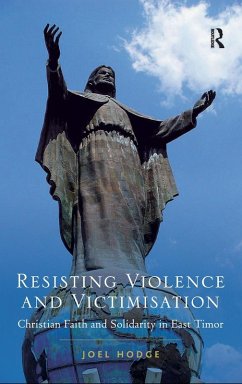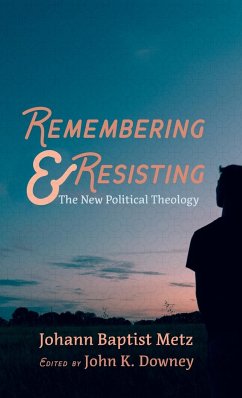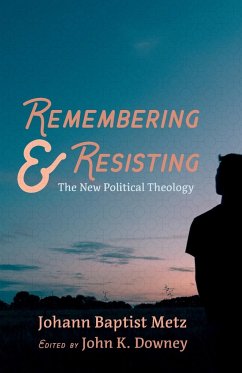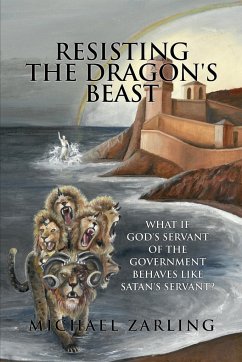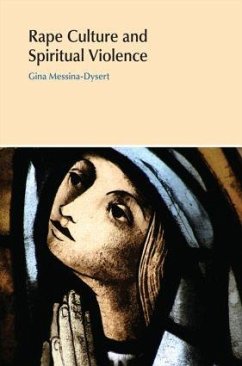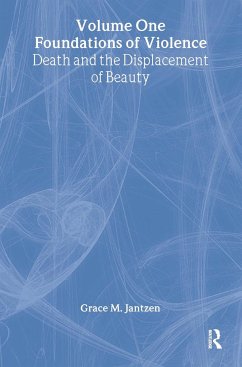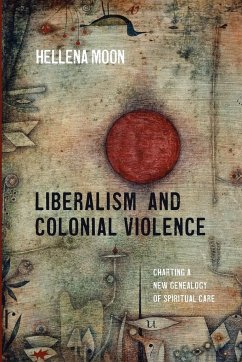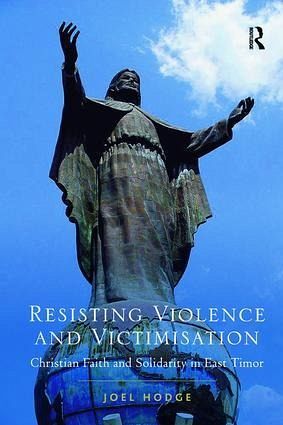
Resisting Violence and Victimisation
Christian Faith and Solidarity in East Timor
Versandkostenfrei!
Versandfertig in 1-2 Wochen
58,99 €
inkl. MwSt.
Weitere Ausgaben:

PAYBACK Punkte
29 °P sammeln!
This book seeks a deeper understanding of faith and violence, exploring how Christian faith and solidarity affected the hope and resistance of the East Timorese under Indonesian occupation in their response to state-sanctioned violence. Grounded in the work of mimetic theorist René Girard, Hodge contends that the experience of victimisation in East Timor led to an important identification with Jesus Christ as self-giving victim and formed a distinctive communal and ecclesial solidarity.Presenting the East Timorese stories under occupation and Girard's insights in dialogue, this book offers fr...
This book seeks a deeper understanding of faith and violence, exploring how Christian faith and solidarity affected the hope and resistance of the East Timorese under Indonesian occupation in their response to state-sanctioned violence. Grounded in the work of mimetic theorist René Girard, Hodge contends that the experience of victimisation in East Timor led to an important identification with Jesus Christ as self-giving victim and formed a distinctive communal and ecclesial solidarity.Presenting the East Timorese stories under occupation and Girard's insights in dialogue, this book offers fresh perspectives on the Christian Church's ecclesiology and mission.





